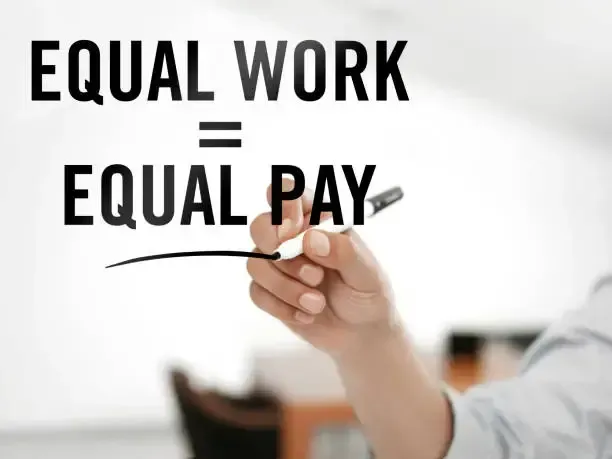Understanding Colorado’s Equal Pay for Equal Work Act: What’s Changed in 2025
Key 2025 updates to Colorado’s Equal Pay for Equal Work Act on pay equity and wage transparency.

Colorado continues to lead the nation in advancing workplace fairness. With the 2025 amendments to the Equal Pay for Equal Work Act (EPEWA) now in effect, employers and employees alike need to understand the changes, what they mean in practice, and how to ensure compliance. This guide will break down the most important updates, highlight employer responsibilities, and explain how workers can report violations.
What is the Equal Pay for Equal Work Act?
The Equal Pay for Equal Work Act was originally passed in 2019 and took effect in 2021. Its purpose is straightforward: eliminate wage discrimination and ensure that employees performing substantially similar work receive equal pay, regardless of gender.
The law also introduced Colorado’s pay transparency requirements, making it mandatory for employers to post salary ranges and benefits in job postings. These measures have reshaped how businesses hire, compensate, and retain talent across the state.
What Changed in 2025?
Several important amendments went into effect in January 2025, strengthening the original law:
1. Expanded Pay Transparency Rules
- Employers must now disclose not just pay ranges but also bonus opportunities, commission structures, and potential promotion timelines.
- Remote positions that could be performed in Colorado must still comply with these disclosure rules, closing a loophole used by out-of-state employers.
2. Increased Record-Keeping Requirements
- Businesses must keep detailed pay history records for at least 10 years.
- Records must include pay rate changes, job descriptions, and rationale for compensation differences.
3. Stronger Anti-Retaliation Protections
- Employees who raise concerns about pay equity in Colorado are now granted additional legal protections.
- Retaliation, even subtle actions such as removing responsibilities or denying promotions, can lead to steep penalties.
4. Higher Penalties for Non-Compliance
- Employers who fail to comply with wage transparency rules face higher fines in 2025, ranging from $500 to $20,000 per violation.
- Repeat violators may also be subject to public reporting and investigation by the Colorado Department of Labor and Employment (CDLE).
Why These Changes Matter for Employers
For employers, compliance is not optional—it’s essential. The 2025 updates to Colorado’s Equal Pay for Equal Work Act put more pressure on companies to review compensation structures and hiring practices.
Key compliance steps for businesses include:
- Conducting pay equity audits to ensure employees in similar roles are compensated fairly.
- Updating job postings to reflect accurate salary ranges and benefit details.
- Training HR and managers on wage discrimination laws to prevent inadvertent violations.
Employers that fail to adapt risk not only legal penalties but also reputational harm in a competitive hiring market like Denver.
How Employees Can Identify Pay Inequities
If you suspect wage discrimination in your workplace, here are some signs to watch for:
- You discover that colleagues in similar roles with similar experience earn significantly more.
- Your employer refuses to provide salary ranges or consistently avoids transparency.
- Promotions and raises appear biased or are not offered equally across genders.
Colorado employees have the right to ask about pay transparency without fear of retaliation. If your employer resists, it may be a violation of state law.
How to Report a Violation
Workers who believe their rights have been violated can take action:
- Document everything – Keep copies of job postings, pay stubs, and internal communications.
- File a complaint with the CDLE – Colorado’s Department of Labor and Employment investigates pay equity claims. Learn more here.
- Consult with an employment law attorney in Denver – At Mitchiner Law, we help employees navigate complex employment law in Colorado and protect their rights when facing wage discrimination.
How Mitchiner Law Can Help
At Mitchiner Law, we focus on employment law in Denver and throughout Colorado. Our team provides:
- Legal guidance on pay equity Colorado requirements.
- Representation for employees who have experienced wage discrimination.
- Compliance support for employers seeking to adapt to the 2025 changes.
Whether you are an employee concerned about fairness or a business ensuring compliance, our firm can help you take the right steps.
Final Thoughts
Colorado’s Equal Pay for Equal Work Act continues to evolve, and the 2025 updates make the law stronger than ever. By increasing transparency, expanding protections, and raising penalties, the state is taking a firm stance against wage discrimination.
Employees should feel empowered to speak up, and employers must take compliance seriously to avoid costly mistakes.
Call to Action
If you believe you’re being underpaid or need help navigating Colorado’s updated Equal Pay for Equal Work Act, contact Mitchiner Law today. Our Denver-based team is here to protect your rights and guide you through every step of the process.
📞 Call us today at 720-538-0371
📍 Serving Denver and all of Colorado











